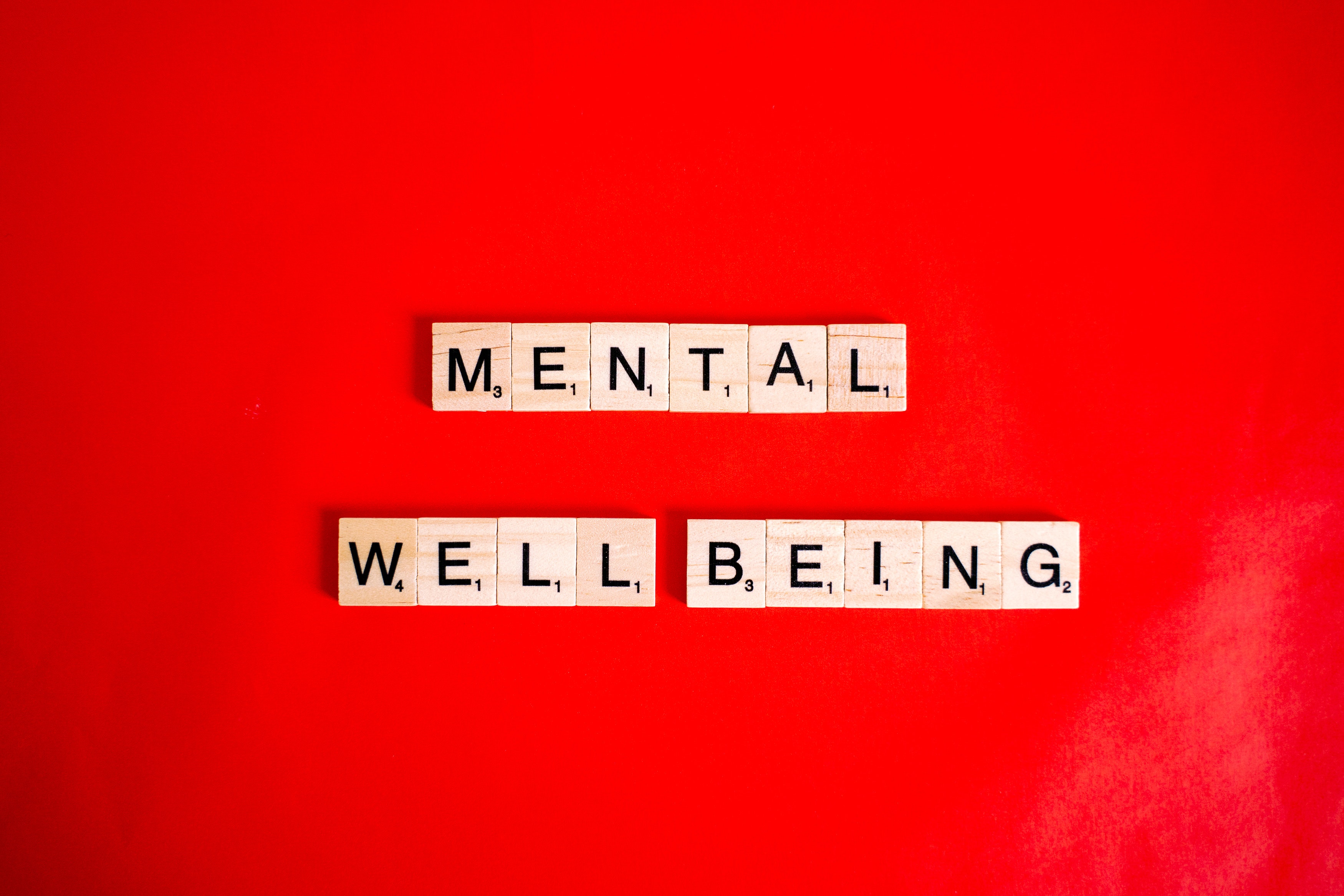
Photo credit: Pexels
Many small and medium businesses (SMEs) have experienced revenue losses, cash flow difficulties and they have significantly drawn their cash reserves to overcome the immediate income struggles of the pandemic. Many SMEs’ in England believe they will not survive the pandemic due to ongoing cash flow issues and disruptions in consumption.
Not surprisingly, the outcomes of the pandemic have led to many business’ owners to experience stress, worry and depression.
According to a recent analysis by the financial institution Santander , two-fifths (39%) of women running a small business in England reported a decline in their mental health since the COVID-19 outbreak compared to 26% of their male counterparts. Although a higher proportion of women have experienced a deterioration in their mental health, they have been less likely to seek support in relation to men (41% vs. 36%).
The same analysis by Santander shows that SMEs of BAME owners have experienced higher profit losses in comparison to owners from non-minority ethnic groups. This may suggest that the well-being of many BAME business’ owners has been negatively impacted.
SMEs’ are likely to continue facing challenges in the short to medium term related to the pandemic. It is important for SMEs’ owners to develop their own personal strategy to manage stress during these difficult times. Different charities and the NHS offer information and support on how to boost positive well-being. The charity Mind offers the following four tips on how to improve well-being.
- Online peer support: Peer support brings together people who have had similar experiences and worries. It also provides the platform for people to share ideas on how to stay well. Sharing your experience with peers may also give you a better perspective of your personal situation.
- Express your feelings creatively: People may find that expressing how they feel about the pandemic through creative forms of expression helps them to release positive well-being. People may find that writing, reading, painting and having long walks in green spaces helps them to release anxiety and stress.
- Make choices to control what you can: The pandemic has taught us that there are simply many things that we cannot control. Many of us have experienced stress and anxiety as a result of this. It is important to remind ourselves that although uncertainty will always be part of our life, there are things that we can still control.
- Talk to someone you trust: People may find that talking about their feelings and experiences with family and friends helps them to feel better. As suggested by the charity Mind, the feeling of having someone who cares about can be enough to release positive well-being.
Tania Arrieta is a Research Assistant in the REBOUND project and a PhD student in the Work and Employment Division at the University of Leicester.
No responses yet